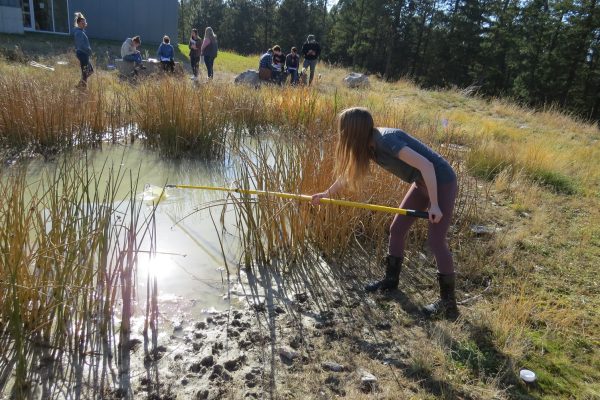Since 1974, June 5 has marked World Environment Day. Established by the United Nations General Assembly, the intention of the day is to provide a global platform for inspiring positive change.
2020’s World Environment Day theme is biodiversity. The air we breathe, the water we drink, and the food we eat all depend on biodiversity – all the more reason to do our part to protect it.
All across Canada in recent weeks, we have shown what we can achieve when we all work together. We can do the same for our environment. There are a number of small things that each of us can do that, when combined with similar efforts from others, can make a positive impact.
- Reduce, reuse, recycle. You’re familiar with the phrase, and that’s because it does make a difference. Reduce waste by limiting the amount of “stuff” you buy. Reuse materials you already have or pass them on to someone who can use them. And finally, don’t throw anything away that can be recycled.
- Travel less. We’re all itching to get out of the house but keep this in mind as restrictions are being lifted.
- Help the bees. We depend on bees for much of our food but they need our help right now. Though not all communities allow honey bees within city limits, native bees like mason and leafcutter are actually better pollinators and are easy to take care of. Leaving some wild green space in your garden can also help pollinators thrive.
- Avoid buying single-use plastics. Plastic waste takes a long time to break down and can be harmful to animals. Single-use plastics include beverage bottles, food packaging, produce bags, plastic straws, and more.
- Plant a garden on your balcony, in your back yard, or get involved with, or start, a local community garden.
- Buy local. In the College region, locally produced products and foods are available at farmer’s markets, fruit and vegetable stands, and various retailers.
Interested in a career in environmental science? Our newly updated Associate of Science – Environmental Science is equivalent to the first two years of a Bachelor degree and transfers to many university degree programs including University of Lethbridge, Simon Fraser University, and University of Northern BC. Applications for Fall 2020 are now being accepted.
